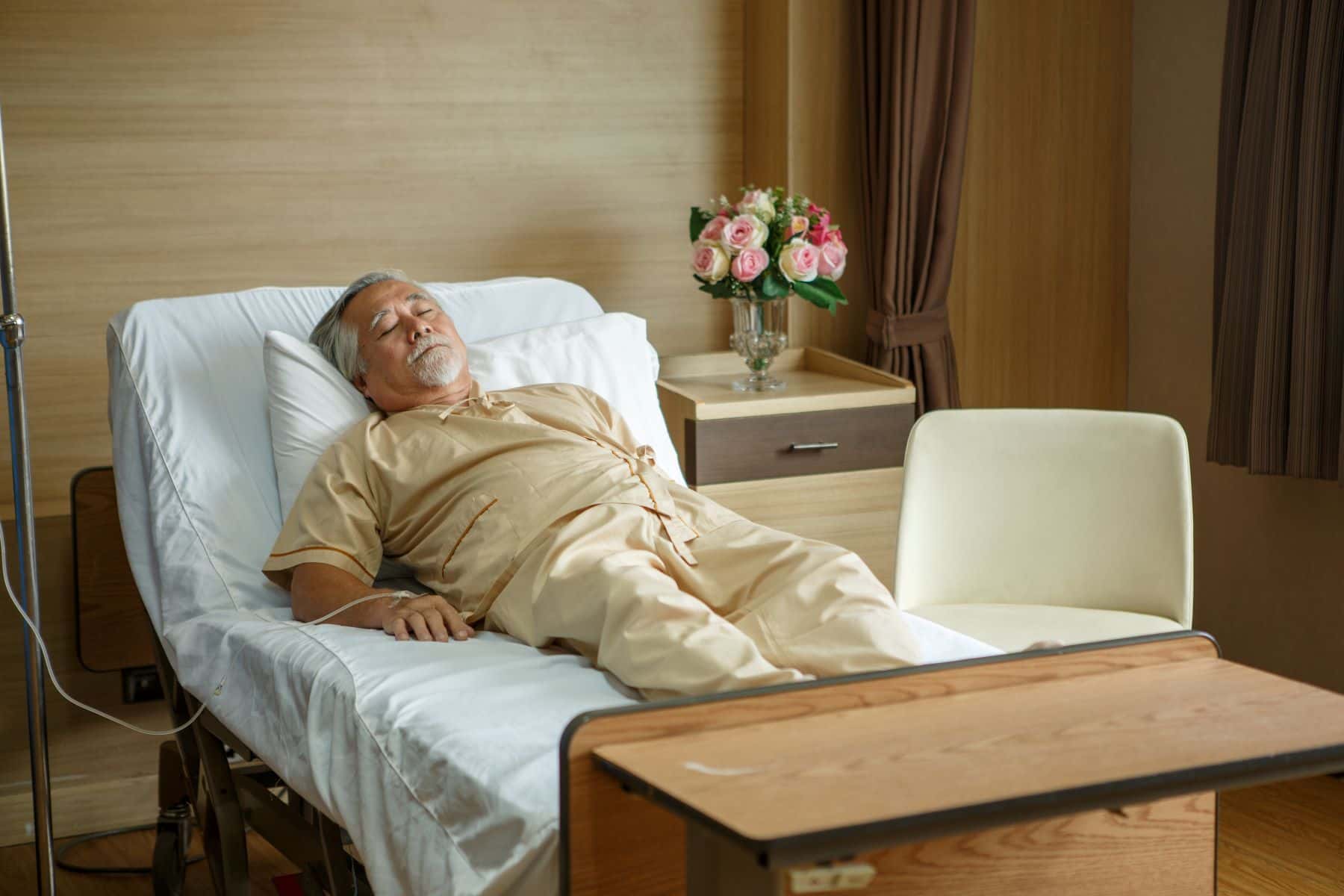Negligence in Preventing Pressure Ulcers Leads to Patient Death
This case study examines a nursing home's alleged negligence in preventing pressure ulcers in an immobile dementia patient, leading to severe health complications and death.
Case Overview
This case involved a 78-year-old dementia patient who was admitted to a nursing home due to her progressive cognitive decline. The individual was entirely dependent on nursing home staff for mobility. Allegedly, the nursing home failed to conduct routine skin assessments or consistently reposition the patient. These are standard preventative measures against pressure ulcers.
The first documented skin check occurred nearly 300 days post-admission. As a result, the patient developed an unstageable pressure ulcer and died shortly thereafter. This case raises significant questions about the nursing home’s standard of care, particularly concerning the prevention and management of pressure ulcers in immobile patients.
Questions to the expert and their responses
How frequently do you evaluate and manage dementia patients in nursing homes?
In my work in palliative care, I encounter patients similar to this individual weekly. My role involves extensive experience in nursing home settings.
What are the crucial measures to prevent pressure ulcers in an immobile dementia patient?
Preventing pressure ulcers in immobile patients requires diligent care. Key measures include changing the patient’s position every two hours and conducting nutritional assessments once wound development occurs.
If a wound starts developing, it’s essential to discuss what is medically feasible given the high risk of wound development.
Have you ever reviewed a similar case before? If yes, please elaborate.
Yes, I have reviewed similar cases before where neglect of preventive measures led to severe health complications. The expert’s responses underscore the importance of regular skin assessments and repositioning in preventing pressure ulcers, especially in immobile patients.
About the expert
This expert has over a decade of experience in hospice and palliative care, with additional specialization in geriatric medicine. They are triple board certified in internal medicine, geriatric medicine, and hospice and palliative medicine, demonstrating their extensive knowledge and expertise. Currently serving as an associate professor of internal medicine and the director of a palliative care program at a university-affiliated medical center, this expert brings significant academic and practical insights to cases involving elder care and end-of-life management.

E-146025
Specialties:
About the author
Find an expert witness near you
What State is your case in?
Subscribe to our newsletter
Join our newsletter to stay up to date on legal news, insights and product updates from Expert Institute.



